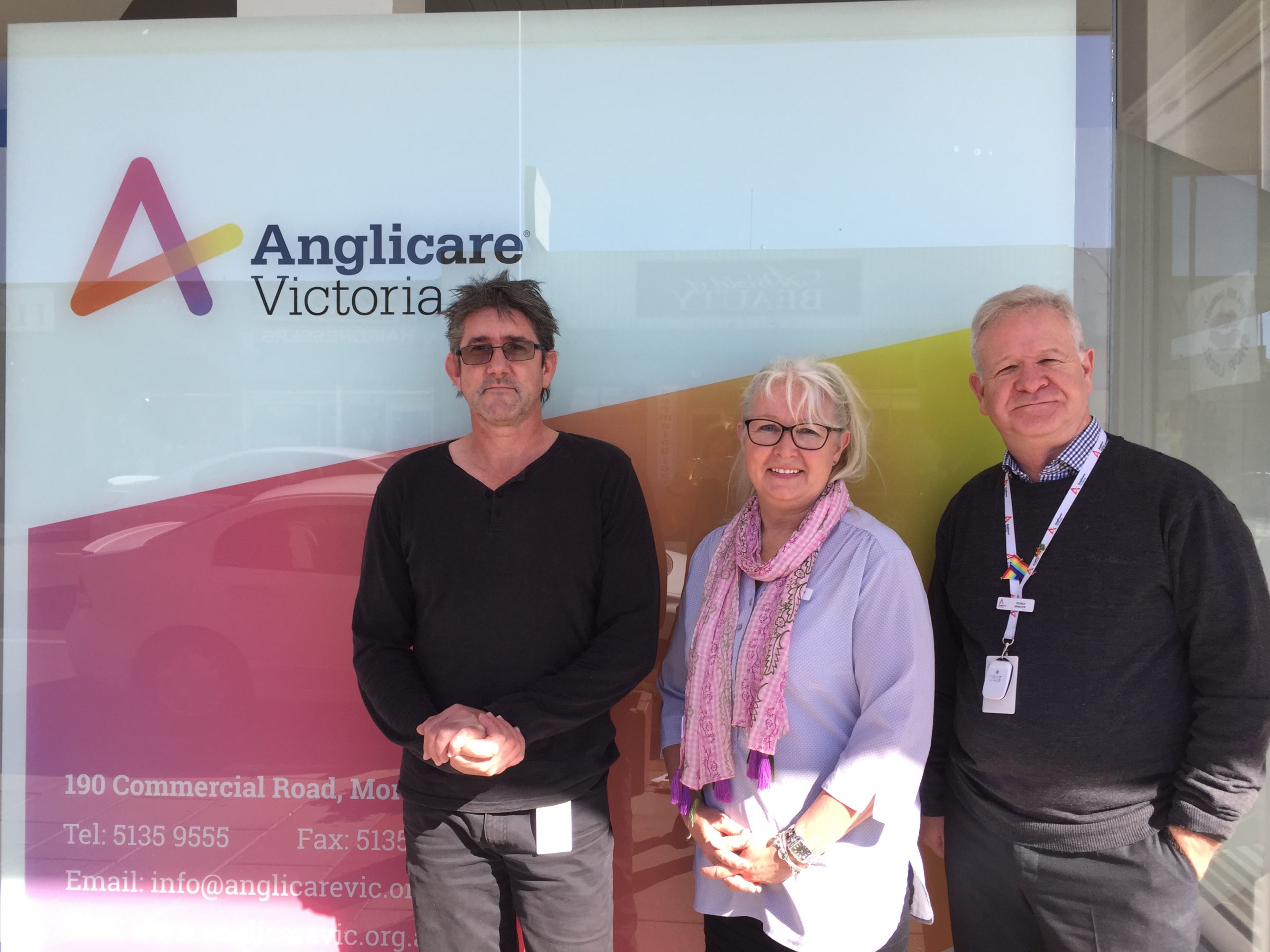Almost half of the rental properties in the Latrobe Valley and surrounding areas are out of reach for people who rely on welfare, according to a study into rental affordability across Victoria.
Anglicare released its Rental Affordability Snapshot this week, which showed young people and single people on different forms of welfare payments were finding it most difficult to locate affordable and appropriate rental houses.
According to the study, there were no rental houses in the Latrobe Valley that were both appropriate and within the price range of single people on the Newstart Allowance, single people aged over 21 on the Youth Allowance and single people in a share house on the Youth Allowance.
Additionally, just over 1 per cent of rental properties in the region was affordable and appropriate for single parents with children over the age of eight on Newstart payments.
Anglicare acting regional director Dennis Minster said the study findings highlighted the housing difficulties experienced by young people and single people on welfare benefits.
“Overall, I think the Latrobe Valley was one of the most affordable areas in regional Victoria … but still within Gippsland, it shows that for young people on welfare payments and for people like single mothers with one child, rental properties are very difficult to come by,” he said.
“Availability combined with pricing and the level of welfare payments, benefits like Newstart, which are relatively low, makes it much more difficult to access affordable housing with something like 30 per cent of your weekly income.”
Mr Minster said affordable housing could prevent flow-on effects that impacted people on welfare payments or low incomes.
“The reality is, if they can’t afford housing, they might be couch surfing … or others might be living in cars for a period of time, some will be sleeping rough because they don’t have any of those options,” he said.
“So, the implications are that people, unless they have other supports in the community, whether it is family and friends or an agency like Anglicare, they can end up in a difficult position.”
Mr Minster said Anglicare was advocating for the age at which young people can stay in foster care be changed from 18 to 21.
“But the reality is once you’ve turned 18, things drop away, which means that young person does not have supports as would any other young person in the area,” he said.
“The extreme lack of affordable rentals for young people demonstrates the incredibly high risk of homelessness they face when they are forced to leave care at 18.”
Anyone who needs financial counselling can phone 5135 9555.












